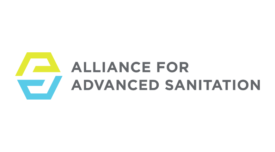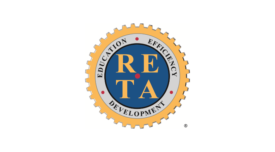Training
One of the crucial building blocks for a successful food safety or quality culture is basic food hygiene
Read More
Root Cause Analysis: Putting It to Work for You
Investing the time and effort to clearly define the problem that needs to be solved is a critical step in getting to the true root cause
Deb Kane M.S.
John Butts Ph.D.
Natalie Dyenson
Brendan A. Niemira Ph.D.
Tim King M.S., M.A.
Tim Jackson Ph.D.
February 9, 2024
BIZTRACKS
Spring Coaching Program for Technical Food Safety Professionals
January 16, 2024
Never miss the latest news and trends driving the food safety industry
eNewsletter | Website | eMagazine
JOIN TODAY!Copyright ©2025. All Rights Reserved BNP Media.
Design, CMS, Hosting & Web Development :: ePublishing











